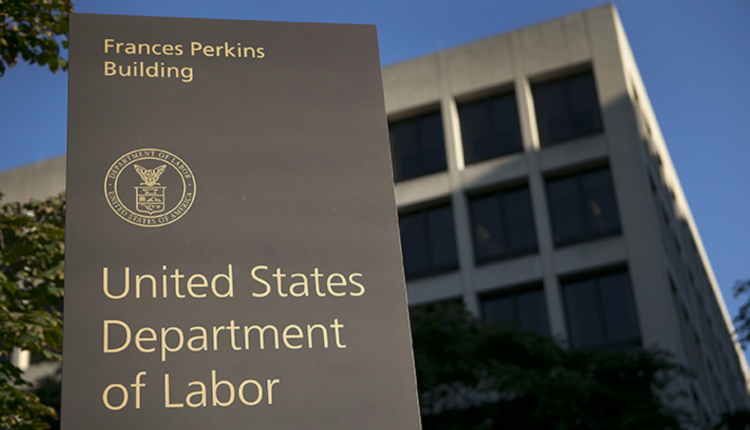
Labor Department Proposes New Tip Credit Regulations that Implement Prior 80/20 Rule, with a 30 Minute Limit
On June 21, 2021, the U.S. Department of Labor’s Wage and Hour Division released a proposed rule changing the tip credit regulations under the Fair Labor Standards Act (FLSA). The tip credit allows an employer to pay an employee in a tipped occupation a lower wage and take credit against its wage obligation for the difference between the cash wage and the full federal minimum wage. The Department is withdrawing a portion of the 2020 Tip Credit final rule that covers instances when employers can take the tip credit for tipped employees performing “dual jobs,” or both tipped and non-tipped duties. The agency is reverting to the prior 80/20 rule, where an employer can only take a tip credit on work that directly supports tip-producing work if it is less than 20 percent of all hours worked during the work week. Additionally, this work that directly supports tip-producing work must be less than 30 continuous minutes to qualify for the tip credit. The proposal also clarifies what is considered tip work, work that directly supports tip-producing work, and non-tipped work. The Department estimates that the cost for small business employers is $477.56 per entity for regulatory familiarization, adjustment costs and management costs. The agency seeks feedback on these estimates and any additional wage costs for employers. Comments on this proposed rule are due by August 23, 2021.
- Read the Federal Register notice and submit written comments.
https://www.federalregister.gov/documents/2021/06/23/2021-13262/tip-regulations-under-the-fair-labor-standards-act-flsa-partial-withdrawal - Advocacy contact: Janis Reyes at 202- 619-0312.
